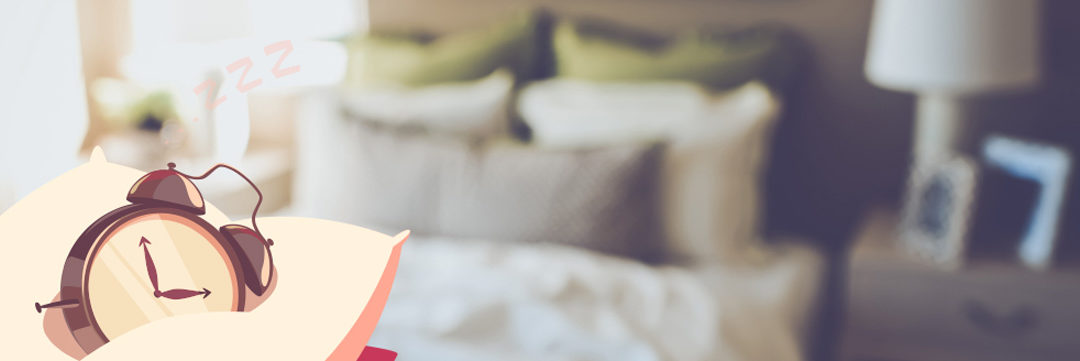Getting adequate sleep is an important part of a healthy lifestyle, allowing your body to repair and recover. Lack of sleep in the short-term can cause drowsiness, memory and cognitive impairment, anxiety, irritability, weight gain and a weakened immune response. In the long term the consequences can include high blood pressure, heart attack, stroke, depression, obesity, and Type 2 Diabetes.
Sleep hygiene refers to lifestyle and environmental choices that can improve your ability to fall asleep and stay asleep. Try implementing some of these tips in the coming week to help you get your best night’s sleep.
Lifestyle Choices
- Exercise regularly but not too close to bedtime because it may energize you. If you do exercise at night, choose a relaxing form of exercise such as an evening yoga practice.
- Expose yourself to natural light during the day to support your natural sleep rhythms.
- Avoid napping. If you need a nap, limit it to 30 minutes and take it at least four hours before you plan to go to bed.
- Avoid caffeine and nicotine 4 – 6 hours before you plan to go to sleep.
- Avoid alcohol late in the evening. Alcohol may initially make you feel sleepy but it makes it harder to get high-quality sleep.
- Pay attention to your food and drink intake before bed. Feeling hungry or too full can interfere with your sleep. Also, drinking too many liquids can cause you to make trips to the bathroom in the middle of the night.
- Don’t watch TV or read in bed. It associates your bed with wakefulness.
- Keep a consistent sleep schedule seven days a week. The number of hours you need to sleep depends on the individual. If you are tired during the day, try to get a minimum of eight hours of sleep.
- Create relaxing bedtime rituals, such as a warm bath or a cup of herbal tea.
Environmental Choices
- Make your bedroom quiet and relaxing. Decorate with soothing colors.
- Remove electronics and work materials.
- Dim overhead lights 30-60 minutes before going to bed, and install window coverings that block out light.
- Keep the room temperature slightly cool yet comfortable and choose a comfortable mattress.
- Get earplugs to block out noise.

